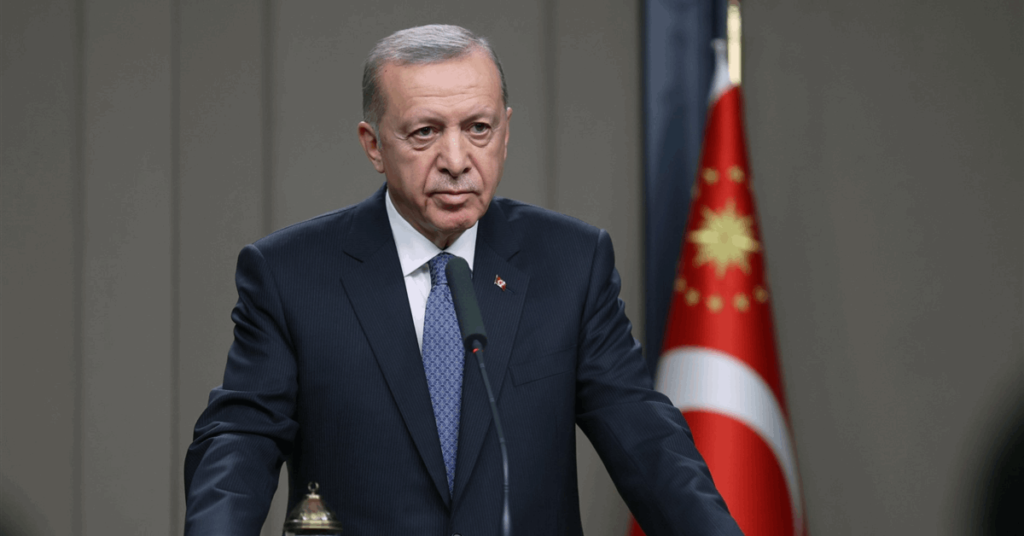Turkey has discovered 150 million barrels of net oil reserves valued at an estimated $12 billion, according to an announcement by Turkish President Recep Tayyip Erdogan.
Erdogan revealed the massive find during a cabinet meeting. “We discovered 150 million barrels of net oil reserves in Gabar Mountain. It is one of the top 10 onshore discoveries in 2022. The reserve value is approximately 12 billion dollars,” he said.
The Turkish president added that Turkey produces 5,000 barrels of ‘very high-quality oil’ per day in four wells in the Shirnak province where the new discovery was made.
According to Anadolu Agency, Ankara aims to increase its daily output to 100,000 barrels next year which will be Turkey’s centenary. The Turkish president also said that the daily production of the state-owned oil and gas company Turkish Petroleum, which was around 40,000 barrels five years ago, has increased to 65,000 barrels today.
“While many oil and natural gas companies were throwing in the towel during the pandemic, Turkish Petroleum accelerated its exploration and production activities. With 34 more discoveries in 2021 alone, we added another 71 million barrels to our current reserve,” Erdogan said.
Bolstering Turkey’s bid to become an important regional energy hub, in 2020 the discovery of natural gas in the Black Sea was announced with production set to begin next year.
Also, Turkey emerged as a new route for Russian oil supplies to the EU via the Gas Hub project. Namely, Ankara has doubled its imports of Russian crude since the Ukraine war began in late February. The oil is subsequently processed in Turkey, and it ships refined oil products to the EU and the US.
In other oil and gas news in Turkey, twenty-six tankers holding more than 23 million barrels of oil from Kazakhstan were unable to pass the Bosphorus and Dardanelles straits last Wednesday.
The waterways are vital chokepoints for the flow of crude and other commodities from the Black Sea. Kazakh authorities estimated a smaller backlog.
Late last month, Turkey announced that passing tankers would have to provide letters from their insurers proving they were covered to navigate the straits, through which almost 700 million barrels of crude flowed in the past year.
Turkey’s move was a response to European Union sanctions against Russia that bar insurance of vessels if the oil they’re carrying costs above $60 a barrel.
Source : RigZone


